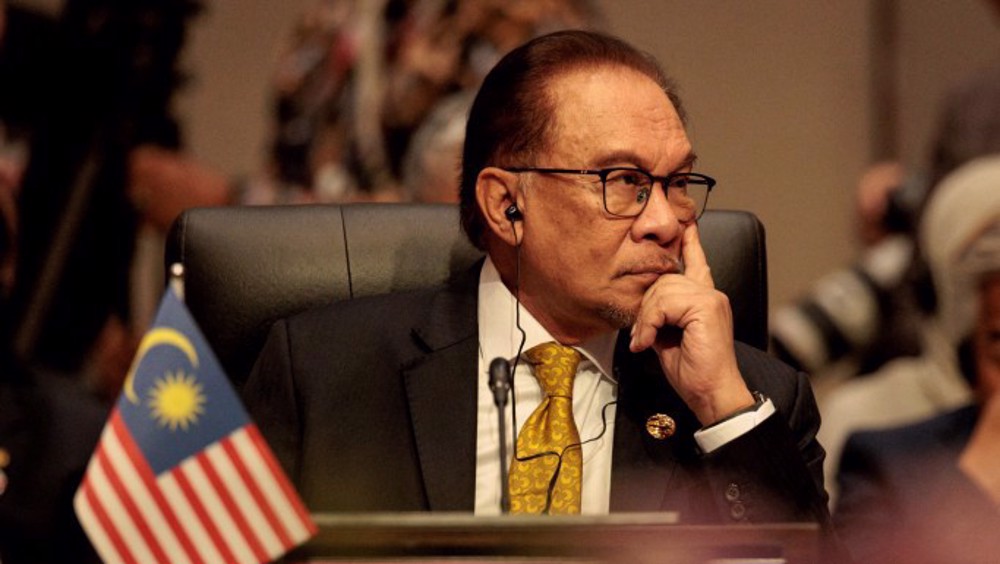Japan panel starts to study emperor’s possible abdication
A top-level government panel is set to hold their first meeting on Monday to review various aspects for the possible abdication of Japan’s Emperor Akihito.
The six-member panel, consisting of five academics and a business organization executive, is expected to announce its proposals on the matter by early 2017.
The government-commissioned panel was set up following the emperor’s apparent abdication wish in a televised message in August.
In the rare video message, the 82-year-old emperor, who is banned by post-war law to say anything political, cited his deteriorating health condition.
The emperor did not use the word “abdication” because saying that openly could have violated his constitutional status.
Unlike other monarchic countries, which have laws and rules for the possible abdication of their kings and queens, Japan’s postwar constitution stipulates no law that permits the emperor to step down.
Allowing Akihito to abdicate would raise a series of legal and logistical questions, ranging from laws subject to change to the emperor’s post-abdication role, his title and residence.
The six-panel members are to consult with specialists on the Constitution, monarchy and history and compile a report on their findings.

The government reportedly wants to allow Akihito’s abdication as an exception and enact a special law to avoid dealing with divisive issues such as possible female succession and lack of successors.
The conservative traditionalists in the Abe administration believe if provisions are made for Akihito to step down, some liberal politicians in parliament will take the opportunity to push for women to be allowed to become emperor, among other reforms.
Since Japan’s current law only allows males to inherit the Chrysanthemum Throne, the throne after Naruhito would pass to his brother, Prince Akishino, and then to the nine-year-old nephew Hisahito.
Akihito suggested in his speech a need to consider how to make the succession process smoother. He recalled the difficulties he faced when his father, Hirohito, died in 1989 while he was largely serving as a substitute.
He said he does not wish to cling to his title if his responsibilities have to be severely reduced and he has to rely on a regent pro tempore, managing the ceremonial duties of the monarch in the absence of a king.
Israeli airstrike kills at least 7 people in Rafah
VIDEO | Iranians hold nationwide demos in support of IRGC
Syria condemns US veto of Palestine UN membership resolution
Iraqi resistance forces hit Israeli Ovda air base
Hackers break into Israeli military’s computers, access trove of documents
Tulkarm Brigade commander killed by Israeli forces in raid on refugee camp
Zionist media desperately trying to turn Israeli defeat into victory: Iran
VIDEO | Press TV's news headlines










 This makes it easy to access the Press TV website
This makes it easy to access the Press TV website